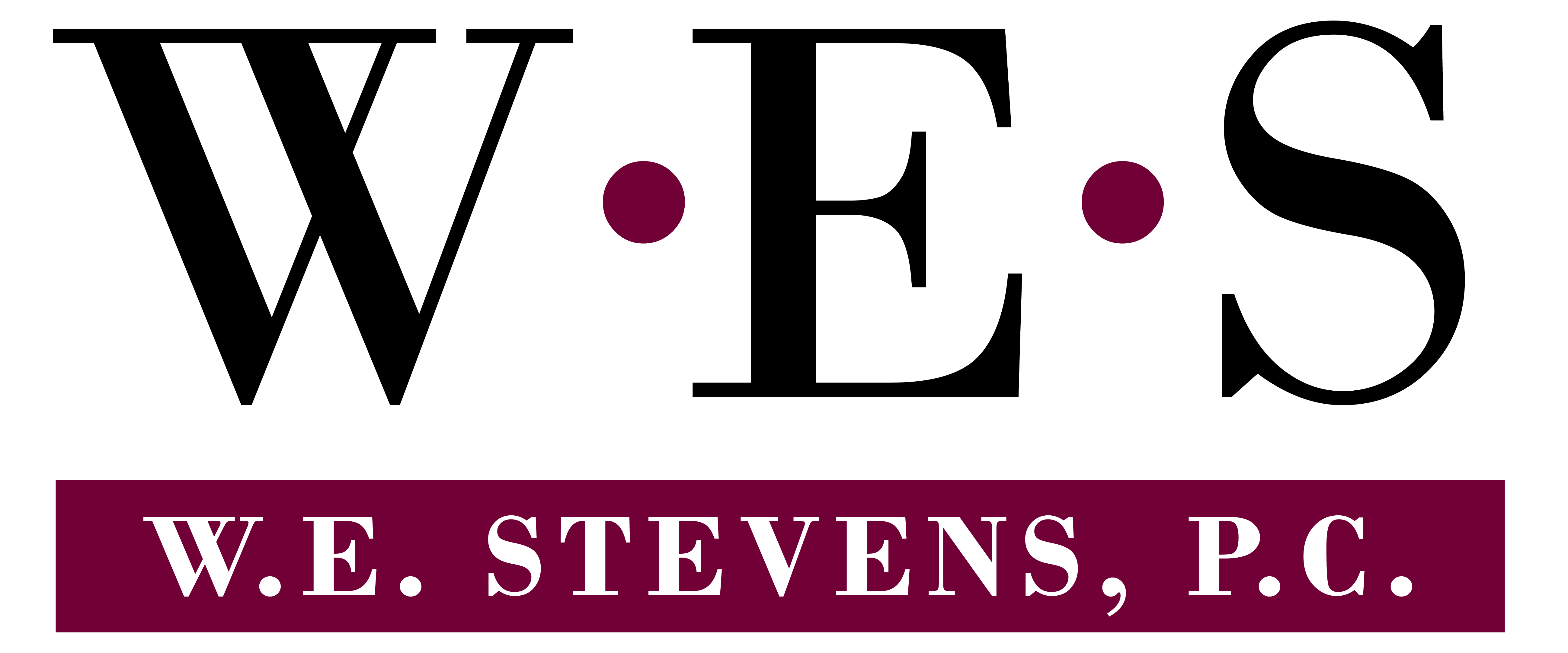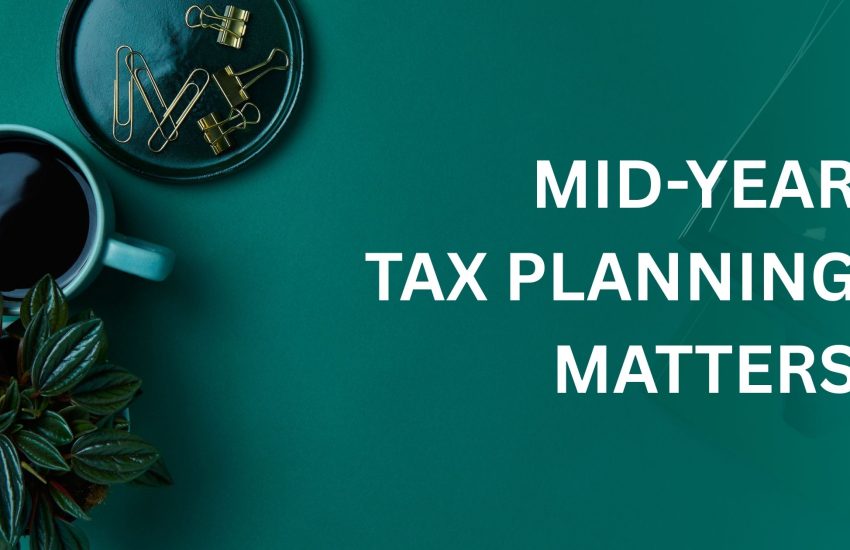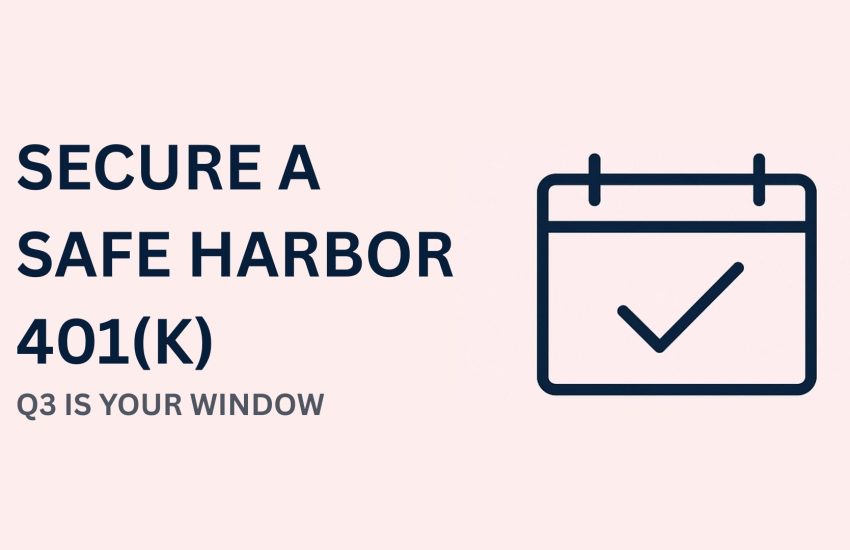SECURE Act 2.0: SIMPLE and SEP Plans
The SECURE 2.0 Act of 2022 (SECURE Act 2.0) was signed into law in December 2022. The SECURE Act 2.0 is designed to expand upon automatic enrollment programs and increasing annual contributions and catch-up limits for retirement plans. In addition, the SECURE Act 2.0 allows SIMPLE and SEP plans to accept Roth IRA contributions, and offers an option for employers to replace a SIMPLE IRA plan with a safe harbor 401(k) plan.
Employer Contributions
Current law requires employers with SIMPLE plans to make employer contributions to employees of either 2 percent of compensation or 3 percent of employee elective deferral contributions. However, starting in 2024, the SECURE Act 2.0 allows employers to make nonelective contributions of a uniform percentage to a SIMPLE IRA or SIMPLE 401(k) plan up to 10 percent of compensation, with an inflation-adjusted cap of $5,000 per participant.
Catch-Up Limits
In general, the annual amount that can be contributed by a participant to a retirement plan is limited. For plan participants aged 50 or older, the contribution limitation is increased (“catch-up contributions”). For 2023, the amount of the catch-up contribution is limited to $7,500 for most retirement plans, and $3,500 for SIMPLE plans, and is subject to inflation increases.
Under the SECURE Act 2.0, a second increase in the contribution amount is available for participants aged 60 to 63, effective for tax years after 2024. For most plans, this “second” catch-up limitation is the greater of $10,000 (limited to $5,000 for SIMPLE plans) or 150% of the catch-up contribution for participants not aged 60 through 63. Like the “standard” catch-up amount, these limitations are subject to inflation adjustment.
Under current law, catch-up contributions to a qualified retirement plan can be made on a pre-tax or Roth basis (if permitted by the plan sponsor). The SECURE Act 2.0 requires, effective for tax years beginning after 2023, that all catch-up contributions are subject to Roth (i.e., after-tax) rules, rather than only where allowed by the plan.
Retroactive First Year Elective Deferrals
Under the SECURE Act 2.0, effective for tax years beginning after December 31, 2022, an employer may establish a new 401(k) plan after the end of the tax year, but before the employer’s tax filing date and treat the plan as having been established on the last day of the tax year. Such plans may be funded by employer contributions up to the employer’s tax filing date. The provision allows these plans, when they are sponsored by sole proprietors or single-member LLCs, to receive employee contributions up to the date of the employee’s tax return filing date for the initial year.
Nontrade or Business SEP Contributions
The SECURE Act 2.0 permits employers of domestic employees (e.g., nannies) to provide retirement benefits for such employees under a Simplified Employee Pension (SEP) for tax years beginning after December 31, 2022.
SIMPLE and SEP Roth IRAs
Currently, all plans that allow pre-tax employee contributions are permitted to accept Roth contributions with one exception – SIMPLE IRAs. For tax years beginning after December 31, 2022, the SECURE Act 2.0 allows SIMPLE IRAs to accept Roth contributions too. In addition, aside from grandfathered salaried reduction simplified employee pension plans, under current law, SEPs can only accept employer money and not on a Roth basis. For tax years beginning after December 31, 2022, the SECURE Act 2.0 allows employers to offer employees the ability to treat employee and employer SEP contributions as Roth (in whole or in part).
Miscellaneous Improvements
The SECURE Act 2.0 includes several other provisions meant to expand participation and boost retirement savings. Still other changes are intended to streamline plan administration. These additional improvements include (effective date noted in parentheses):
- Allowing employers to make matching contributions to employee plans for the employee’s student loan payments (plan years beginning after 2023)
- Conforming 403(b) hardship rules to 401(k) hardship rules (plan years after 2022)
- Allowing employers to give employees de minimis low-cost incentives, like gift cards, to incentivize employee contributions to qualified plans (plan years beginning after 2022)
- Allowing employers a grace period to correct mistakes without penalty when establishing automatic enrollment and contribution escalation plans (after date of enactment)
- Reducing SECURE Act length-of-service requirements for part-time participants in sponsored plans from three years to two years (plan years beginning after 2024)
- Eliminating notification requirements to unenrolled plan participants, but requiring an annual notification to these participants of plan requirements and deadlines to encourage participation (plan years beginning after 2022)
The changes under provisions of the SECURE Act 2.0 affect small employers that sponsor SIMPLE and SEP plans. Please call our office for more information at (402) 932-8815.
Sincerely,
W.E. Stevens PC



